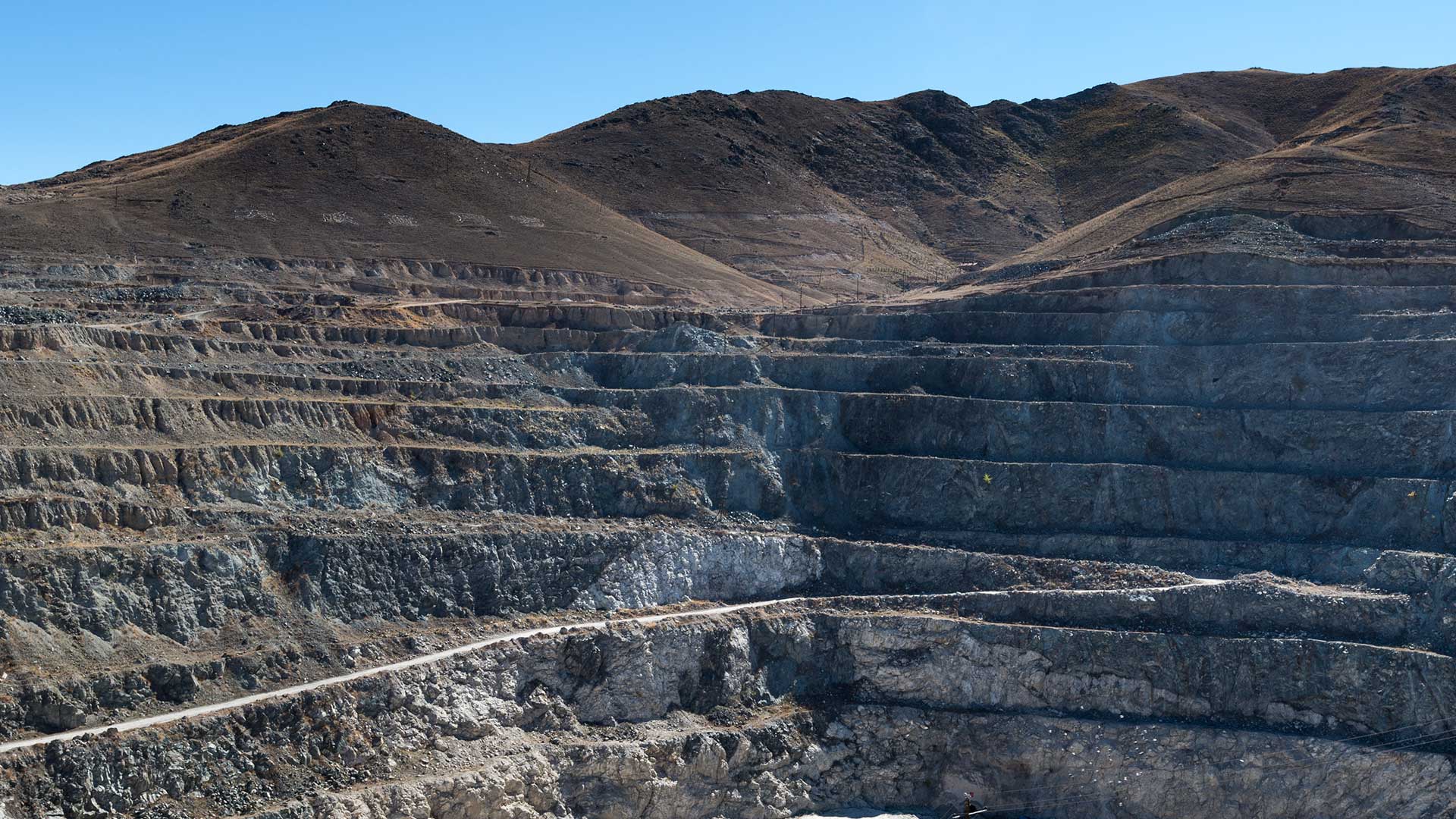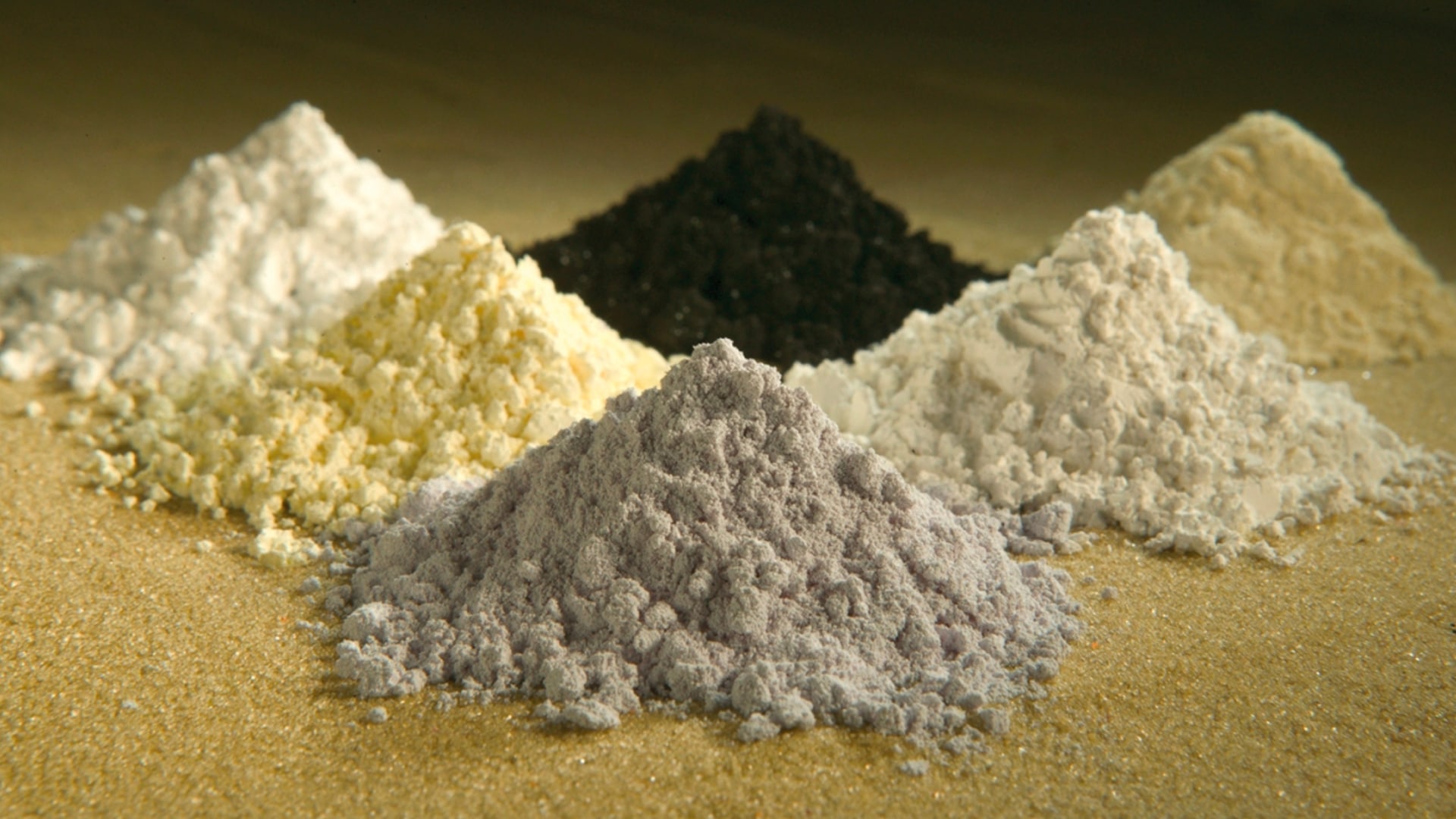The Chamber of Minerals and Energy of Western Australia (CME) has condemned the announcement by the Australian Labor Party to extend the federal water trigger to shale and tight gas.
CME chief executive Reg Howard-Smith said the proposal would duplicate existing state approvals and add new layers of uncertainty, complexity and cost to onshore gas project development in Western Australia.
“The announcement comes at a time when governments should be focusing on deregulation to reduce inefficiencies and duplication to encourage resources sector investment,” said Mr Howard-Smith.
“Expanding the scope of the water trigger will only work to drive away investment.”
In 2013, the Environment Protection and Biodiversity Conservation Act 1999 (EPBC Act), was amended to include water resources as a matter of national environmental significance, in relation to coal seam gas and large coal mining development.
“Broadening the water trigger would represent a significant and unnecessary step in environmental approval processes with no added benefits,” Mr Howard-Smith said.
Mr Howard-Smith said Western Australia contained substantial onshore oil and gas resources, primarily comprising shale and tight gas residing in impermeable rock at depths generally between 1,500 and 5,000 metres.
“The WA resources sector is committed to maintaining high environmental standards built around strong science-based decision making,” said Mr Howard-Smith.
“The shale and tight gas industry makes a substantial investment in understanding any water impacts from their operations which goes beyond the stringent regulations set out by the State Government.”
“There is limited value in an additional layer of Commonwealth regulation and it will come at a considerable cost to industry.”








